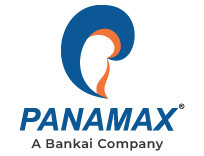As an impact of the pandemic in 2020, most industries across the globe witnessed a steep decline in the market. However, fintech is one of the few industries that not only survived but grew tremendously despite the COVID-19 pandemic. Digital financial solutions and apps have received overwhelming support and adaptation by people globally especially because they facilitate contactless payments.
As per the Global COVID-19 Fintech Market Rapid Assessment Study by The World Economic Forum the fintech firms, on an average, witnessed a growth of 13% in 2020 during the pandemic. Clearly, fintech makes finance uncomplicated, quick, convenient, and safe for its customers, thus, the industry is expecting to witness a further upward trajectory in 2021.
Top 6 Emerging Fintech Trends in 2021
The year 2021 is expected to witness huge changes and advances in the fintech industry considering the stiff competition among the enterprises and start-ups that are striving to get the biggest part of the market share. The fintech industry will take further steps towards developments centered around the banking and payments sectors. Though we might see several changes through the course of the year, following are the key trends that will shape the fintech industry in 2021.
1. Digital-only Banking
Digital-only banks provide a number of banking services virtually through apps or websites or both. These services include international remittance, contactless cards with a transaction fee, P2P transfers, and the ability to buy cryptocurrencies like Bitcoin. Digital-only banks give their customers the advantage of convenience, flexibility, and minimize the need for individuals to visit banks. Contrary to traditional banks, these banks offer innovative services at a much lower rate. Digital banks have gained popularity owing to the pandemic and are expected to experience a further surge in 2021.
2. Blockchain
Blockchain is expected to completely transform the mode of operations of the financial technology industry in 2021. The technology is used to store transaction information of users to its database in a way that transactions can be tracked by any user for maximum transparency. Banking and financial institutions are adapting and integrating the technology into their platforms. As per research by Markets and Markets, the global Fintech blockchain market is expected to reach USD 6,228.2 million by the year 2023 at a CAGR of 75.9%.
3. Open Banking
Open Banking facilitates the secure electronic sharing of financial information. It allows you to save money, pay conveniently, and borrow money with ease through third-party providers (TPPs). Open Banking is one of the revolutionary technologies that bring together Fintechs and banks by facilitating data networking across banking and finance institutions. The Open Banking Implementation Entity (OBIE) - the body established In the United Kingdom to deliver open banking, claimed in September 2020 that more than 2 million customers are now using products enabled by open banking.
4. Robotic Process Automation
Robotic Process Automation (RPA) is a process automation technology that employs digital workers or software robots to automate particular tasks usually done by humans. This Fintech trend in 2021 will enhance and optimize certain finance-related processes. The industry has already adopted RPA for the automation of various back-end processes like customer onboarding, security checks, trial balancing, account maintenance, account closing, mortgage processing, etc.
5. Regulatory Technology
Regulatory Technology also called Reg-Tech, is the management of the regulatory processes in the financial industry via technology. The key functions of Reg-Tech include reporting, monitoring, and compliance. Reg-Tech facilitates companies with the power of advanced software that streamlines the compliance process with existing regulations and laws. By utilizing Big Data and Machine Learning technology, Reg-Tech can provide crucial data on money laundering activities and as a result, reduce the risk associated with the company’s compliance department. Furthermore, it can also lessen administrative overhead, guarantee financial stability, and protect customers.
6. Biometric Security Systems
Due to the increasing threat of financial frauds, banks and financial institutions are compelled to strengthen their security architecture. Biometric security systems have emerged as a reliable and fool-proof measure that takes security to the next level at a time when we have banking at our fingertips through mobile financial solutions. It keeps the data of users and institutions safe and protected. The biometric industry is currently transforming and witnessing some major shifts. Bearing in mind the impact of the COVID-19 pandemic, biometric sensors that involve physical touch are estimated to decline, while the contactless biometric solutions will overtake the touch-based solutions.
Fintech Industry to Further Simplify Banking and Payments
It is clear that the fintech industry is growing rapidly and we will continue to witness revolutionary advancements and trends that will make our lives even easier. The Fintech trends 2021 that are discussed above have evolved immensely to deliver consumers and banking organizations with superior availability of faster transaction processing, financial data, transparency, secure identification, and improved customer experience.
The Digital Financial Solutions by Panamax employ the latest technologies to deliver best-in-class services that significantly drive down the costs while unlocking new business opportunities for financial institutions and banks. It comprises of cutting-edge mobile financial services including contactless payments and biometric solutions that simplify transactions and facilitates financial inclusion for the unbanked and underbanked across the globe.
Related Blogs
Fintech Implications and Resolutions in the Face of Adversity
4 Primary Ways COVID-19 has Impacted FinTech Industry


















